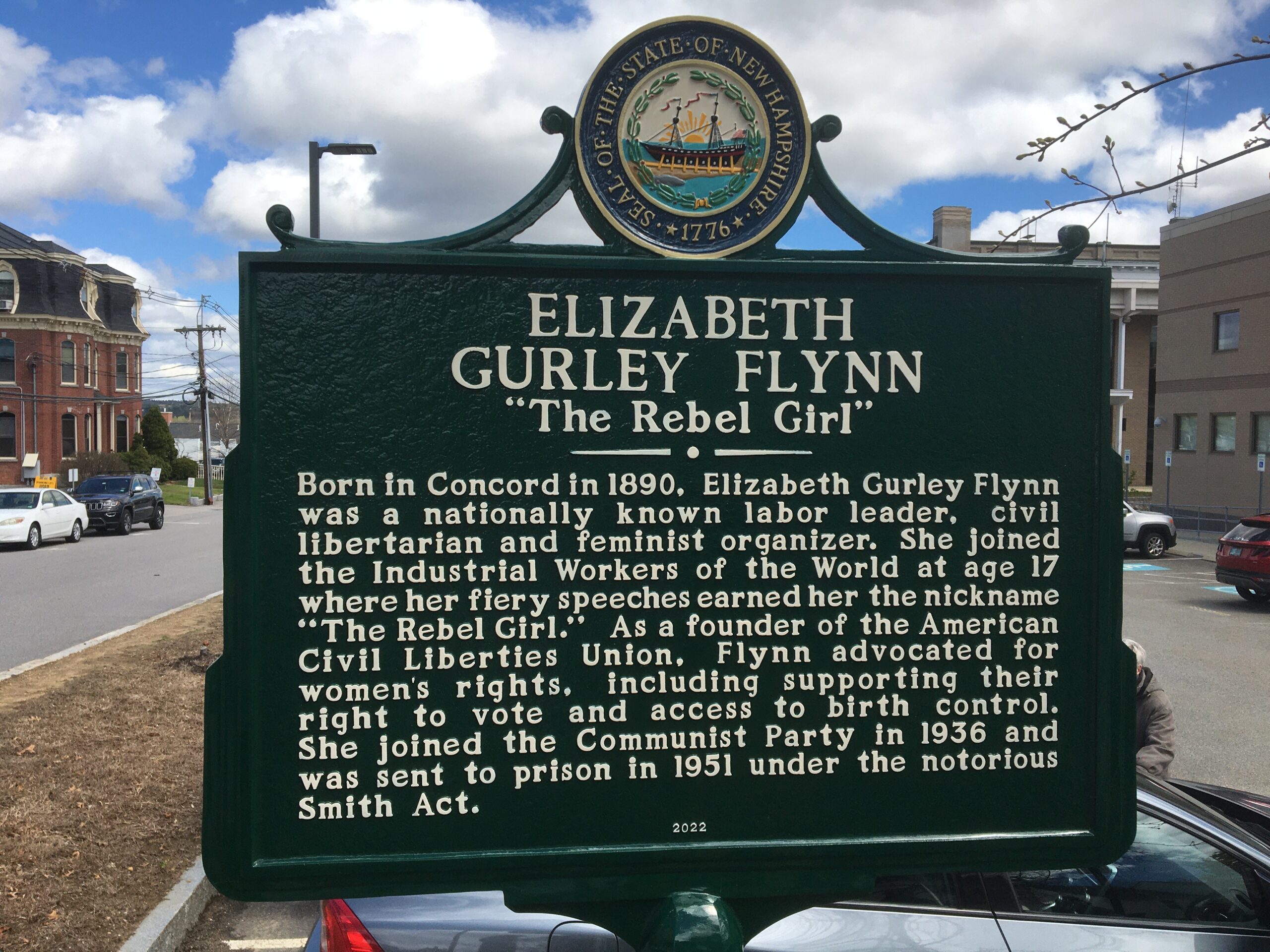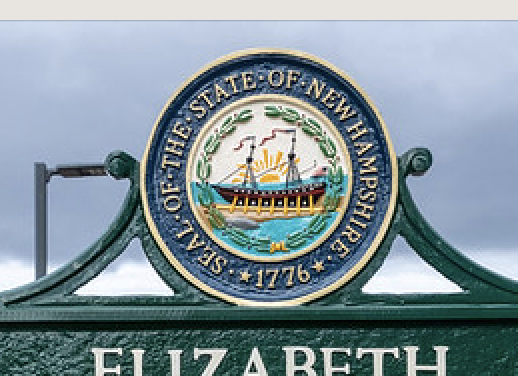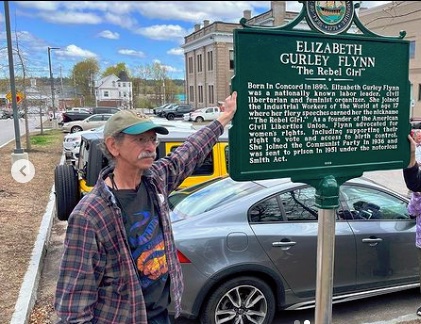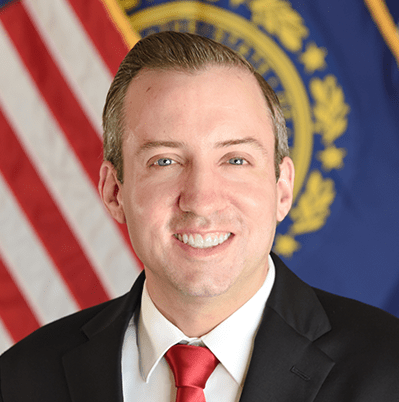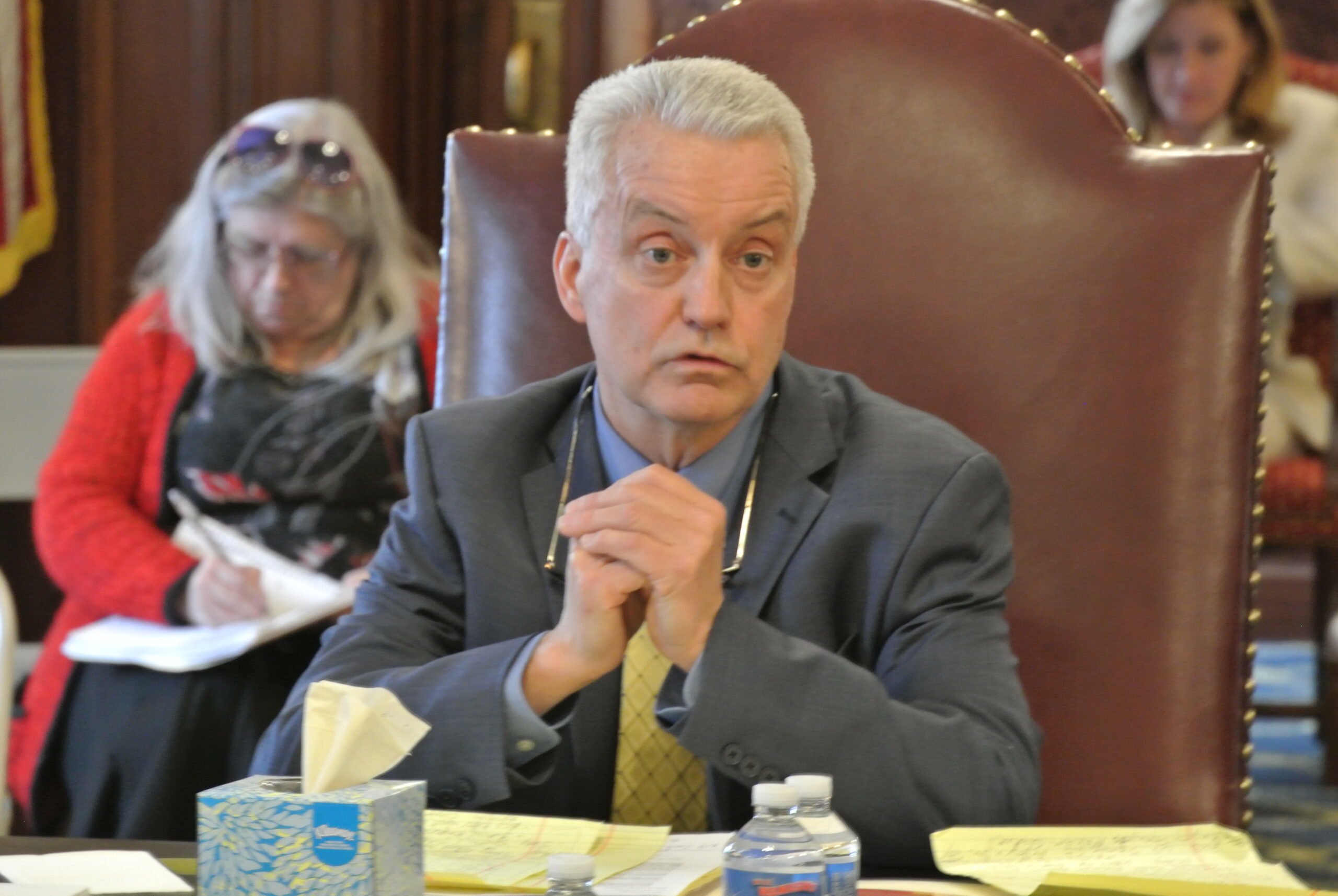Dem Liot Hill’s Amended Campaign Filings Raise More Questions

Days after an NHJournal article about her questionable campaign spending on personal items like home heating oil and paying her car registration, Democrat Karen Liot Hill (D-District 2) filed an amended financial disclosure.
In addition to changing some of the details of her spending, the amended documents are missing two key items from the originals: the name and signature of her campaign treasurer Corinne Morse.
On the amended forms, Morse is replaced by Liot Hill, who has declared herself the treasurer for her campaign spending — despite the fact that Morse had already signed off on the spending in question.
Now, Liot Hill is dodging NHJournal’s questions about Morse’s involvement in overseeing her campaign finances.
Liot Hill bested fellow Democrat Mike Liberty in the Executive Council District 2 primary in September and easily defeated a token GOP opponent in the heavily-Democratic district.
Morse, a Democrat from Canaan elected to the legislature in 2022, had served as treasurer for Liot Hill’s run to replace Cinde Warmington. Morse’s name and signature appear on all original reports. They included unexplained checks totaling $1,350 that appeared to correspond to two court cases against Liot Hill: a violation for driving with a suspended license and another involving a debt collection.
She also included house cleaning, home heating oil, and more than $15,000 in gas and meals expenses in her campaign spending reports, all with what is purportedly Morse’s signature.
By amending the filings, Liot Hill is conceding there were problems with her initial paperwork. The question is whether, as treasurer, Morse asked about the details of the filings before she signed them? And why didn’t she sign the amended documents for the same spending period?
In fact, NHJournal asked Morse, did she actually sign the original campaign reports in the first place?
Morse declined to answer the question.
“I can’t comment on that,” Morse told NHJournal on Monday.
Nor did Morse respond to an email from NHJournal that included one of the original reports to confirm that the signature appearing on it is hers. Morse’s own campaign finance reports and her House financial disclosure forms appear to have been filed electronically and did not require a physical signature that could be used for comparison.
Liot Hill did not want to take questions when reached by phone on Monday, but offered to answer questions via email. However, when she responded on Tuesday, Liot Hill did not answer NHJournal’s questions about Morse’s signature or her decision to act as her own treasurer.
“I am proud that I ran my entire campaign on a minimal budget, doing almost everything myself from my car as I crisscrossed the district to meet as many voters as possible. As many candidates do, I have recently filed amended reports, making some clarifications and minor corrections. These items make up a very small percentage of my overall campaign budget, but it is important to correct even small mistakes, so I have done that. Corinne Morse stepped down as treasurer for my campaign after the primary, and the amended reports bear my signature. I look forward to serving on the Executive Council and finding common ground so that I can help tackle the challenges facing New Hampshire and deliver results for Granite Staters,” Liot Hill wrote to NHJournal.
Acting as her own treasurer, the mysterious checks that appeared to correspond with two court cases are now listed as reimbursements the campaign paid to Liot Hill for various software subscriptions as well as cell phone and internet services.
On Dec. 12, a car financing company filed a motion for contempt against Liot Hill in Lebanon District Court for her failure to comply with a previous payment order. At the time, she had a balance of more than $1,000.
In January of this year, Liot Hill pleaded no contest to a 2023 violation for driving with a suspended license and agreed to pay $620 in fines and court costs. However, court records show Liot Hill’s first check to cover the fine bounced.
Forging or knowingly falsifying state campaign finance documents is a crime, as is misreporting campaign finance spending.
In 2005, former House Speaker Gene Chandler (R-Bartlett) pled guilty to a misdemeanor charge of failing to report $64,000 in contributions from lobbyists and special interests. The money was raised at Chandler’s annual “Old Fashioned Corn Roast.” Chandler paid a $2,000 fine and was sentenced to 100 hours of community service.



